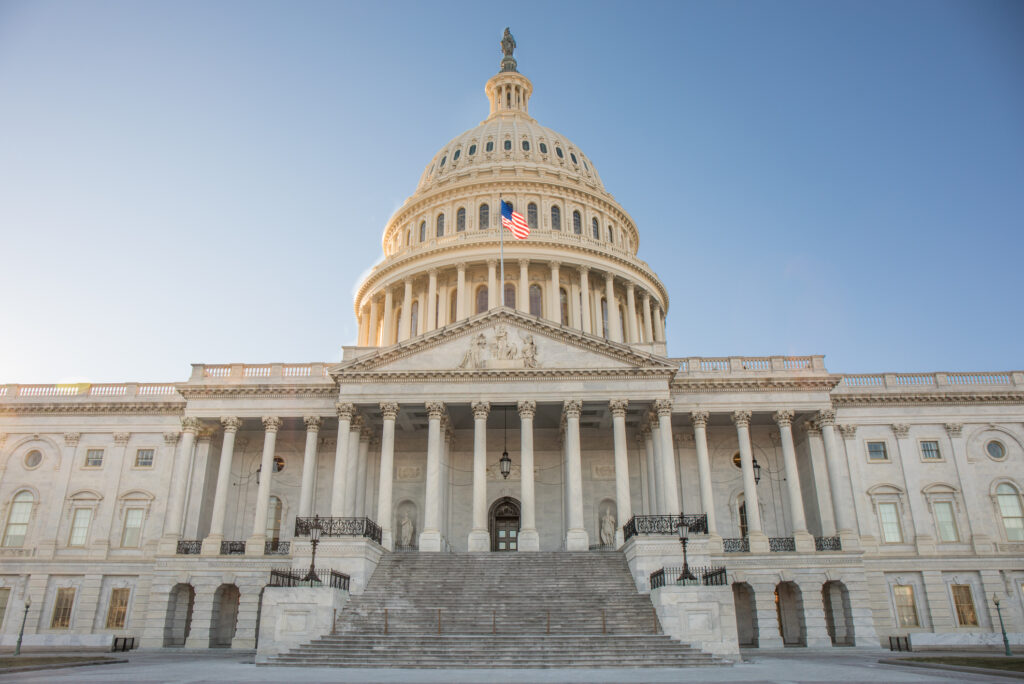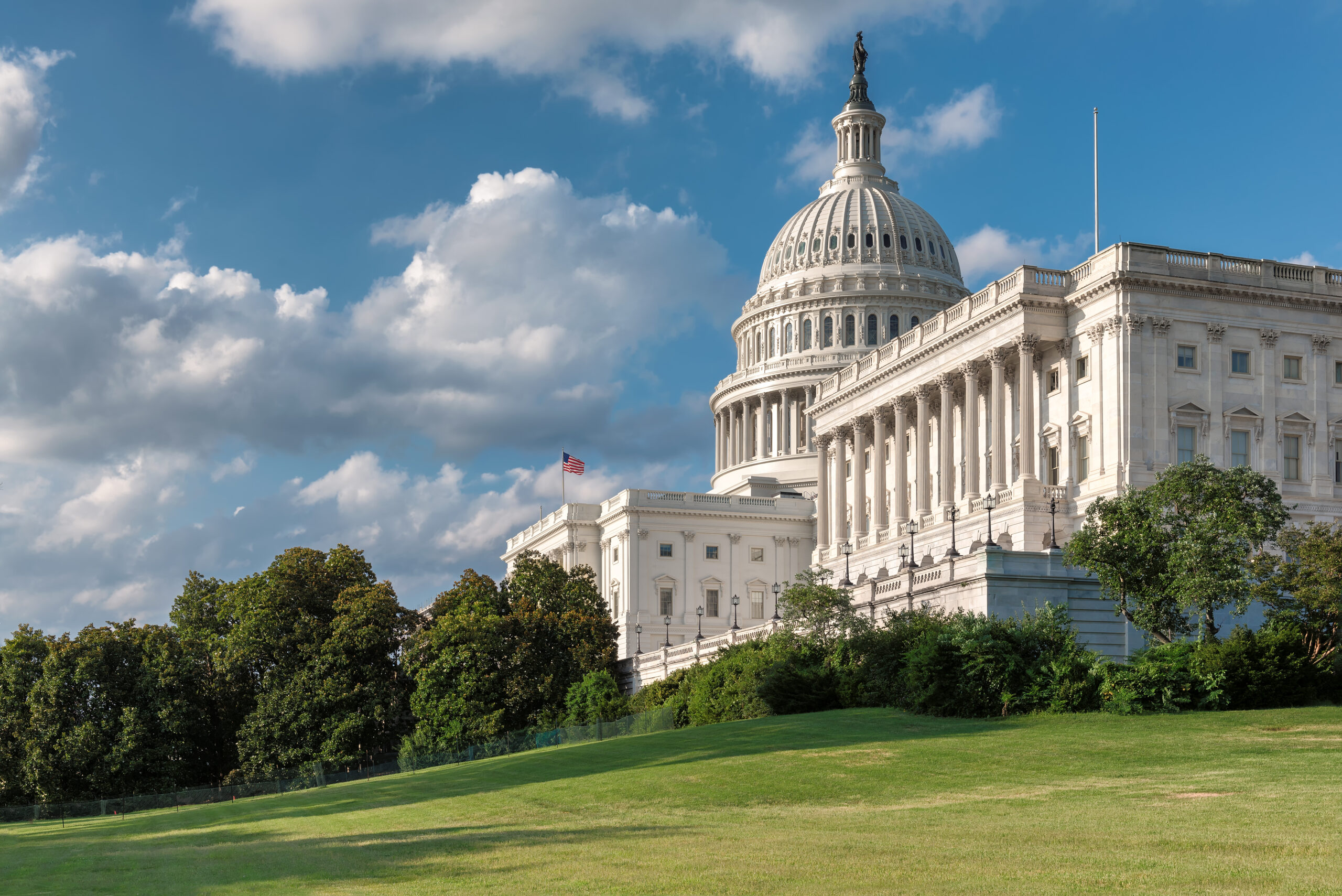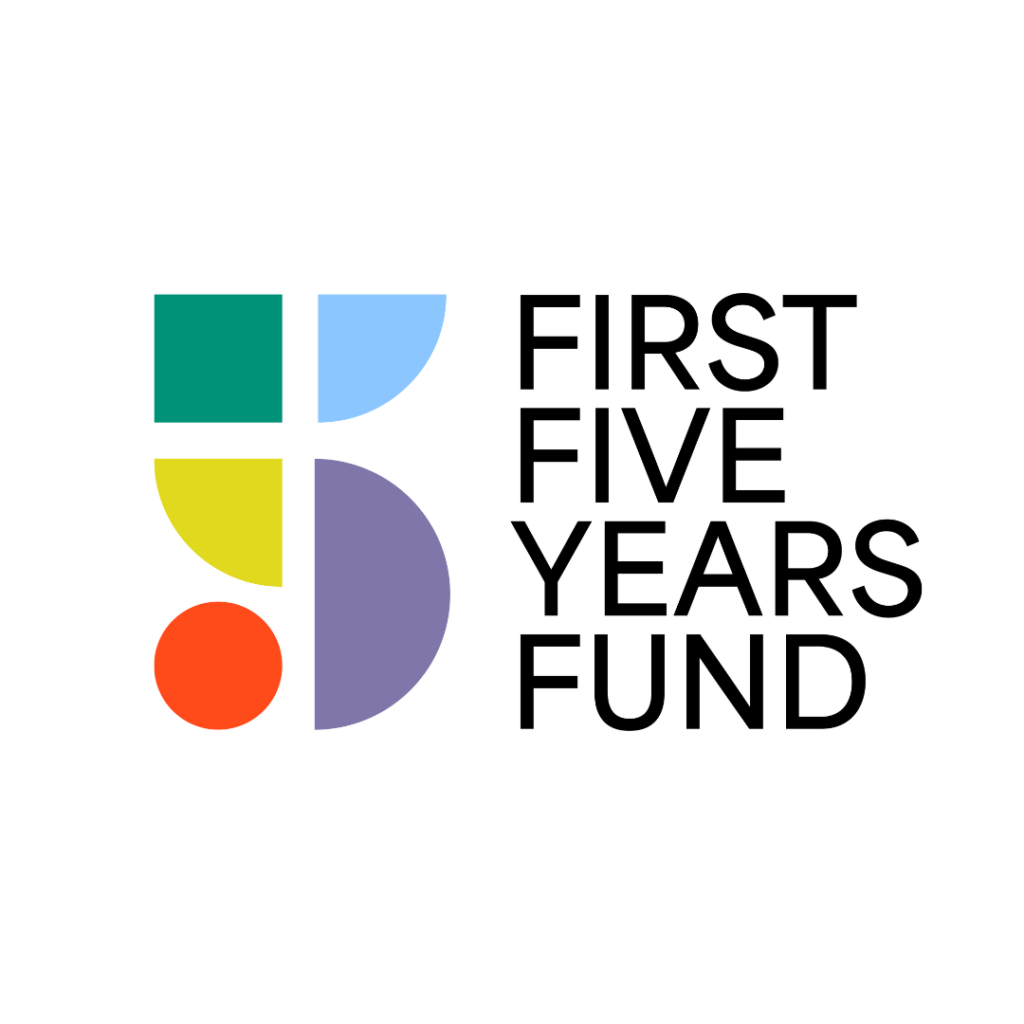FFYF Statement on Bipartisan Introduction of The Jackie Walorski Maternal and Child Home Visiting Reauthorization Act of 2022

WASHINGTON – Today, Ways and Means Committee Chairman Richard Neal (D-MA) and Ranking Member Kevin Brady (R-TX), alongside Energy and Commerce Committee Chairman Frank Pallone (D-NJ) and Ranking Member Cathy McMorris Rodgers (R-WV), and Congressman Danny K. Davis (D-IL) introduced The Jackie Walorski Maternal and Child Home Visiting Reauthorization Act of 2022, a bipartisan bill to reauthorize the voluntary, evidence-based Maternal, Infant, and Early Childhood Home Visiting (MIECHV) program. The program is currently set to expire September 30, 2022. Sarah Rittling, Executive Director of the First Five Years Fund (FFYF), issued the following statement in response:
“Voluntary, evidence-based home visiting programs – like those made possible by MIECHV funding – provide essential services for parents seeking support to become their child’s first and best caregivers and teachers. This bill will ensure thousands of community-based programs remain open, and help more families access the services they need to help their children thrive.
“As evidenced by the bipartisan work of the Ways and Means and Energy and Commerce Committees, this program has tremendous support, with steadfast leaders championing it on both sides of the aisle. We remain grateful for the dedicated work and leadership of Chairmen Neal and Pallone, Ranking Members Brady and McMorris Rodgers, and lead sponsor Congressman Danny K. Davis, who have made a bipartisan MIECHV reauthorization a top priority. We are also incredibly thankful for the work of the late Congresswoman Walorski, whose leadership on voluntary home visiting programs and championship of MIECHV has made a tremendous difference in the lives of countless families across our country. We are encouraged by the efforts to make updates to this bedrock program, and we look forward to working with lawmakers in the House and Senate to get it across the finish line.”
FFYF, alongside the National Home Visiting Coalition, has worked with lawmakers on both sides of the aisle to reauthorize and update the program in order to prevent any lapse in service for families who participate in MIECHV. The Jackie Walorski Maternal and Child Home Visiting Reauthorization Act of 2022 reauthorizes the MIECHV program and makes the following important updates:
- Authorizes the use of virtual visits as a model enhancement to help reach more families, particularly in rural areas;
- Dedicates funding to help retain and support the home visiting workforce;
- Expands MIECHV access to more eligible families by doubling federal investments over 5 years. Of the 18 million current and expectant parents who could benefit from MIECHV, only 150,000 currently benefit from the program;
- Addresses historical and ongoing inequities within American Indian and Alaska Native communities by doubling the “tribal set-aside” and providing a $124 million increase in tribal funding over 5 years;
- Eases the administrative burdens of the program by creating a new requirement for HRSA to consult with states, beneficiary advocates, and other stakeholders and reduce unnecessary paperwork by at least 15% to focus resources on serving families; and
- Codifies funding allocations and formula grants for states to increase stability and normalize financial management and oversight.
MIECHV was last reauthorized in 2018 and will expire September 30, 2022. This funding is mandatory and not subject to annual appropriations. The House Ways and Means Committee will review and vote on the bill, after which it will then head to the House floor for a vote.
Analysis of the impact of voluntary home visiting in all 50 states can be found here.
A section-by-section of the bill can be found here.
A full copy of the bill text can be found here.
A summary of the bill can be found here.
A full list of cosponsors can be found here.
Subscribe to FFYF First Look
Every morning, FFYF reports on the latest child care & early learning news from across the country. Subscribe and take 5 minutes to know what's happening in early childhood education.



